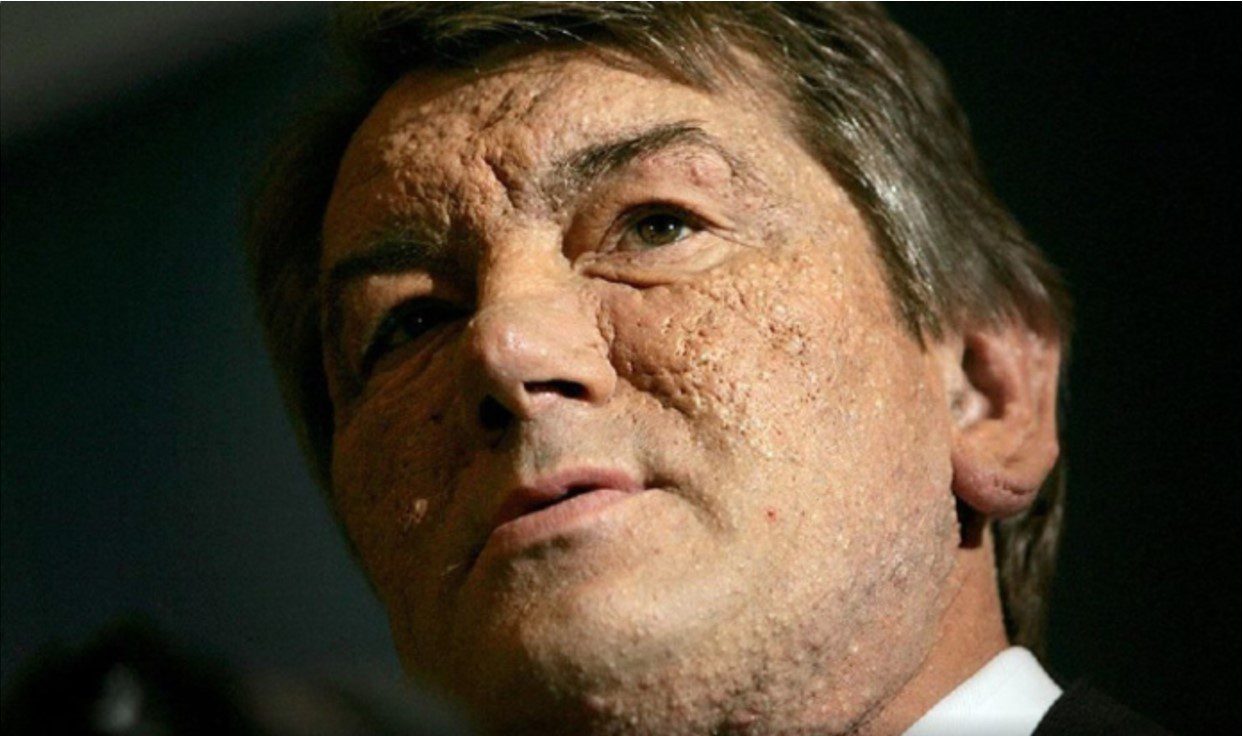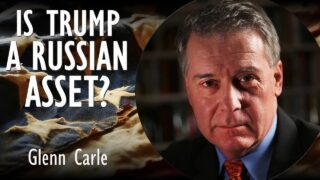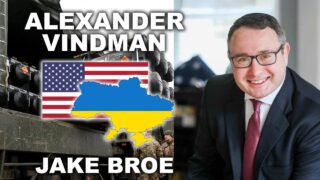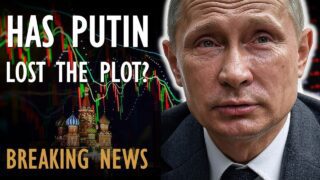
US intel: Putin likely ordered poisoning of Ukraine’s pro-Western president in 2004
Russian President Vladimir Putin personally authorized multiple assassinations of political opponents, including a possible attempt on former Ukrainian President Viktor Yushchenko’s life, according to a partially declassified US intelligence report obtained by Bloomberg.
The Kremlin has long sought to prevent Ukraine’s Western integration through various means – from assassinations and political interference to military action, culminating in the 2014 annexation of Crimea and the current full-scale invasion that began in 2022.
The document details the Kremlin’s targeting of political figures in former Soviet states.
“A key example is former President of Ukraine Viktor Yushchenko, who suffered a near-fatal poisoning in 2004. His supporters concluded that Russian intelligence introduced the chemical dioxin into his food when he was a presidential candidate advocating Ukraine’s integration with the West,” the document reads.
US intelligence officials link several high-profile killings to Putin’s direct orders. In 2004, former Chechen leader Zelimkhan Yandarbiyev was killed in Qatar, with two Russian GRU officers convicted but later transferred to Russia. Former FSB officer Alexander Litvinenko died of polonium poisoning in London in 2006, with British investigators naming FSB operative Andrei Lugovoi – now a Russian parliament member – as the perpetrator.
The report also points to the 2012 death of Russian businessman Alexander Perepilichny in Britain, who died before testifying about alleged Russian money laundering in Europe, and the 2015 killing of Luhansk militant commander Alexander Bednov, which US officials believe was ordered to strengthen Moscow’s regional control.
Intelligence experts assess that such operations will likely continue, noting Russia maintains capabilities to track dissidents and conduct assassinations using chemical and biological agents.
“While the document itself isn’t new, it remains highly relevant today,” Bloomberg reports.
Read more:












